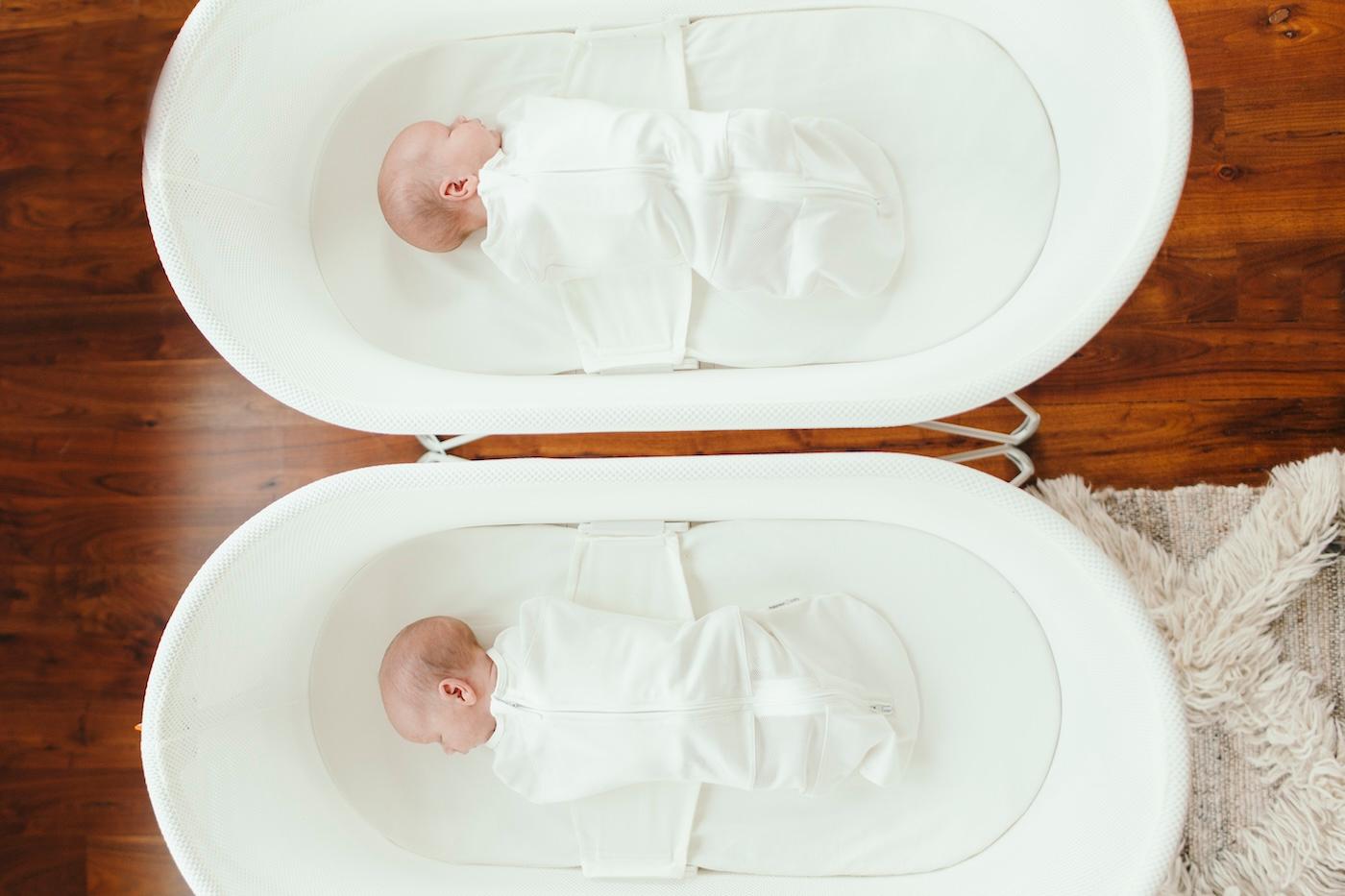PREGNANCY
Vagina Changes After Birth
Your body was made to stretch and change for childbirth. Learn how it grows and changes during and after birth.

Written by
Happiest Baby Staff

There is no doubt that stretching will occur after you have a baby. The uterus stretches during pregnancy to allow your baby to grow in the womb. And, your cervix must dilate 10 cm just for the baby’s head to fit through the birth canal. Stretching is important!
Will Having a Baby Stretch Out My Vagina?
How the Vagina is Made for Childbirth
Thankfully, women’s bodies are built for this! The muscles surrounding the uterus and vagina have muscle memory, which allows them to return back to their original size after birth. Just like your belly might stretch after Thanksgiving dinner but revert back to its normal size the next day. The tissue will usually shrink back down to its pre-pregnancy state, but it can be more pronounced based on how big your baby is, any complications during delivery, and how many babies you've already delivered. It usually takes about a month or so for your body to fully recover from the stretching that occurs.
How to Prepare your Vagina for Childbirth
If you’re particularly worried about your vaginal tone, you can help yourself out. Even before birth, you can do exercises that utilize your core (but are safe to perform during pregnancy) and help engage the entire pelvic floor to keep it strong. Kegels are great way to practise strengthening your pelvic floor.
Treatment of Postpartum Vaginal Changes
And after delivery, Kegel exercises will also be your best friend! Doing Kegels is the surest way to rebuild strength in your pelvic muscles (especially the ones that control urination). It’s common for women to pee a little when they laugh or sneeze in the weeks following delivery because the muscle that goes around the opening of the urethra also gets stretched out. But by doing just 10 sets of 10 Kegels throughout the day, you can dramatically speed up your recovery.
However, if you do not see any improvement in the months following birth or if you find that sex is extremely painful for you, you should talk with your doctor. Your new addition to the family isn’t the only one you should worry and care for after birth!
Disclaimer: The information on our site is NOT medical advice for any specific person or condition. It is only meant as general information. If you have any medical questions and concerns about your child or yourself, please contact your health provider. Breastmilk is the best source of nutrition for babies. It is important that, in preparation for and during breastfeeding, mothers eat a healthy, balanced diet. Combined breast- and bottle-feeding in the first weeks of life may reduce the supply of a mother's breastmilk and reversing the decision not to breastfeed is difficult. If you do decide to use infant formula, you should follow instructions carefully.
SHARE THIS ARTICLE
PARENT PICKS
Bestsellers



















